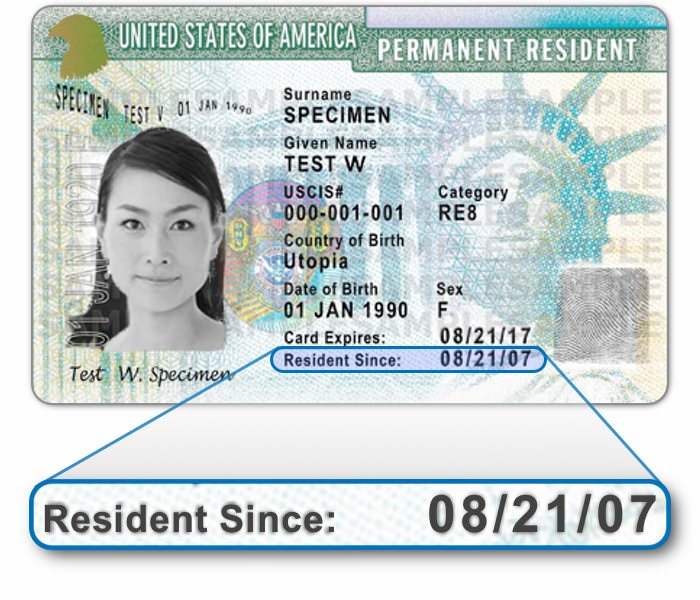 Your time as a conditional resident counts toward the continuous residence requirement for the purposes of naturalization. In fact, applying for citizenship can actually speed up I-751 adjudication in many cases. A conditional resident spouse who remains in a viable marriage is often able to become a U.S. citizen three years after first obtaining conditional permanent residency. In other words, many conditional residents with a pending I-751 may file Form N-400 to naturalize as a U.S. citizen. USCIS will process both forms concurrently. Often, you can get a combined interview to address both cases at the same time.
Your time as a conditional resident counts toward the continuous residence requirement for the purposes of naturalization. In fact, applying for citizenship can actually speed up I-751 adjudication in many cases. A conditional resident spouse who remains in a viable marriage is often able to become a U.S. citizen three years after first obtaining conditional permanent residency. In other words, many conditional residents with a pending I-751 may file Form N-400 to naturalize as a U.S. citizen. USCIS will process both forms concurrently. Often, you can get a combined interview to address both cases at the same time.
Continuous Residence Requirement
Continuous residence means that the applicant has maintained residence within the United States for a specified period of time. For a permanent resident married to a U.S. citizen, the requirement is three years. You must have been a lawful permanent resident of the United States for at least three years. In addition, you must have been married to and living with the same U.S. citizen spouse for the last three years, and your spouse must have been a U.S. citizen for the last three years at the time you filed your Form N-400, Application for Naturalization.
RECOMMENDED: Continuous Residence Explained
Mistakes on your Form N-400 can cause costly delays or a denial.
With CitizenPath, you can confidently prepare your Application for Naturalization the right way — quickly and affordably. Our attorney-reviewed software simplifies complex forms and provides a personalized checklist of supporting documents for your situation. Start your journey with peace of mind — no credit card or account required to try.Try CitizenPath today and file with confidence >>
How to Determine When Permanent Residence Started
It’s very easy to determine the date that you became a conditional permanent resident. Look at the front of your green card and find the label for “Resident Since.”

This date is the date you were admitted as a permanent resident of the United States. Even if this is the start date for your conditional residence, you may count this time for the purposes of filing Form N-400.
Applying for Citizenship When I-751 is Still Pending
Even if your I-751 is pending and you’ve not yet received your 10-year green card, you may be eligible to naturalize as a U.S. citizen. Of course, USCIS won’t approve Form N-400 until they have approved Form I-751. As long as you meet the eligibility requirements for naturalization, you may file Form N-400 while the I-751 is pending. USCIS will concurrently process both cases.
At the time of the time of the interview, the USCIS will first adjudicate (make a decision) on the petition to remove conditions (Form I-751). Immediately afterwards, he or she can begin the naturalization interview and tests.
RECOMMENDED: Applying for Citizenship Through Marriage
Sample Cover Letter
When filing Form N-400 with a pending I-751 petition, inform USCIS of your situation. Include a cover letter that quickly explains that you have a pending I-751 and request that both forms be adjudicated at the same interview. Use this sample cover letter as a guide. Do not submit this letter without updating it to fit your specific situation.
As stated in the cover letter, include a copy of your I-751 receipt notice with the N-400 application. Additionally, submit evidence that you’ve been living in marital union with your U.S. spouse for the previous three years.
Expedited I-751 and Dual Interview for I-751/N-400
Your U.S. citizen spouse should attend the naturalization interview with you. The I-751 is a joint petition, meaning both you and your spouse file it together. Your spouse’s presence is required at the interview so that the USCIS can adjudicate the I-751 petition before moving on to the naturalization case.
In many cases, USCIS will adjudicate the removal of conditions simultaneously with the naturalization interview. In effect, this expedites your I-751 processing time. The USCIS officer will review and adjudicate the I-751 petition in order to move on to a decision for the N-400 application.

